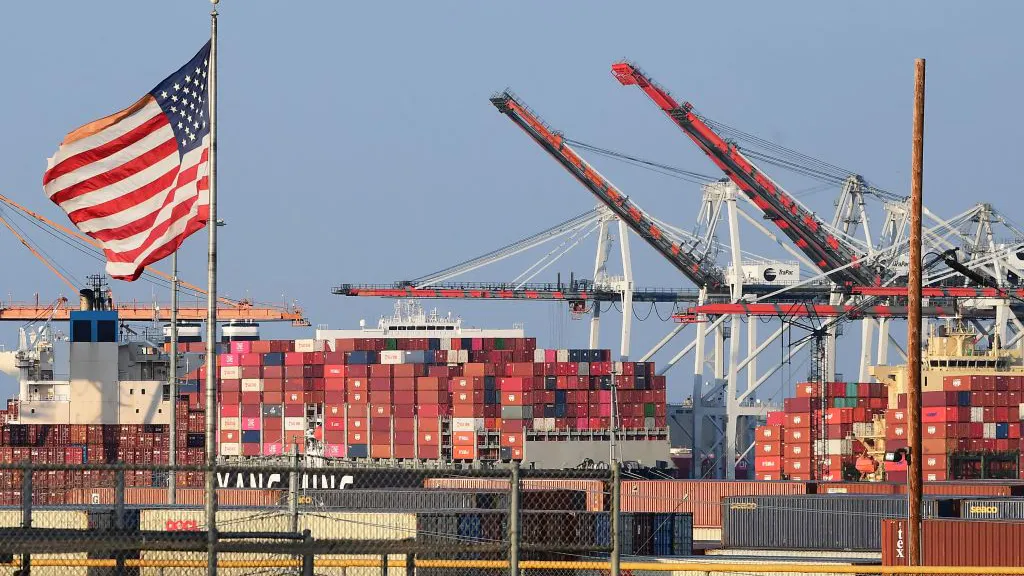The Organization for Economic Cooperation and Development noted that rising price levels are tampering with global economic recovery from COVID-19 and the lockdown-induced recession.
According to the group’s most recent economic outlook, the economic rebound is “losing momentum” amid supply chain bottlenecks, lockdowns, and scarcity of certain materials — all of which are contributing to stronger-than-expected inflation:
Alongside cost pressures from manufacturing supply bottlenecks and food price increases, imbalances in the energy market are a key factor driving up inflation in all economies. Gas prices have risen sharply, notably in Europe, and risks are high, with storage levels around 28% lower than they would normally be at this time of the year. Rising food and energy costs are inevitably hitting low-income households the hardest.
Inflationary pressures are proving stronger and more persistent than expected a few months ago. Consumer price inflation in the OECD is now projected to start fading in 2022, before moderating as key bottlenecks ease, capacity expands, more people return to the labour force and demand rebalances. The Outlook underlines the risk that continued supply disruptions, perhaps associated with further waves of COVID-19 infections, may result in longer and higher inflationary pressure.
“The strong rebound we have seen is now easing and supply bottlenecks, rising inflation, and the continuing impact of the pandemic are clouding the horizon,” explained OECD Secretary-General Mathias Cormann, also noting the risks associated with the Omicron variant.
The OECD also increased its 2022 inflation projections for the United States from 3.1% to 4.4%. In 2023, it expects inflation to reach 2.5%.
Last month, the Personal Consumption Expenditures Price Index, the Federal Reserve’s primary inflation metric, reached 4.1% — its highest level since the early 1990s. Though the central bank was poised to hike interest rates in the near future, the Omicron variant could be giving pause to policymakers.
“The recent rise in COVID-19 cases and the emergence of the Omicron variant pose downside risks to employment and economic activity and increased uncertainty for inflation,” Federal Reserve Chair Jerome Powell told the Senate Banking Committee earlier this week. “Greater concerns about the virus could reduce people’s willingness to work in person, which would slow progress in the labor market and intensify supply-chain disruptions.”
Meanwhile, Congress may soon approve President Biden’s $1.75 trillion Build Back Better Act. The legislation would expand various social programs, including universal preschool, childcare subsidies, and climate change initiatives.
Lawrence Summers — who served as Treasury Secretary under the Clinton administration and National Economic Council director under the Obama administration — argued that the bill would cause a negligible impact on inflation only if it stays at its current cost level.
“First, let’s not compound errors that have already been made with far too much fiscal stimulus and overly easy monetary policy by rejecting Build Back Better. The legislation would spend less over 10 years than was spent on stimulus in 2021,” he wrote in The Washington Post. “Because that spending is offset by revenue increases and because it includes measures such as child care that will increase the economy’s capacity, Build Back Better will have only a negligible impact on inflation. It will of course be imperative to ensure that various temporary measures, such as the child tax credit, will not be extended without new revenues to pay for them.”
If the temporary measures are extended, an analysis from the Committee for a Responsible Federal Budget predicts that the cost of the bill would rise to $4.9 trillion.

.png)
.png)

